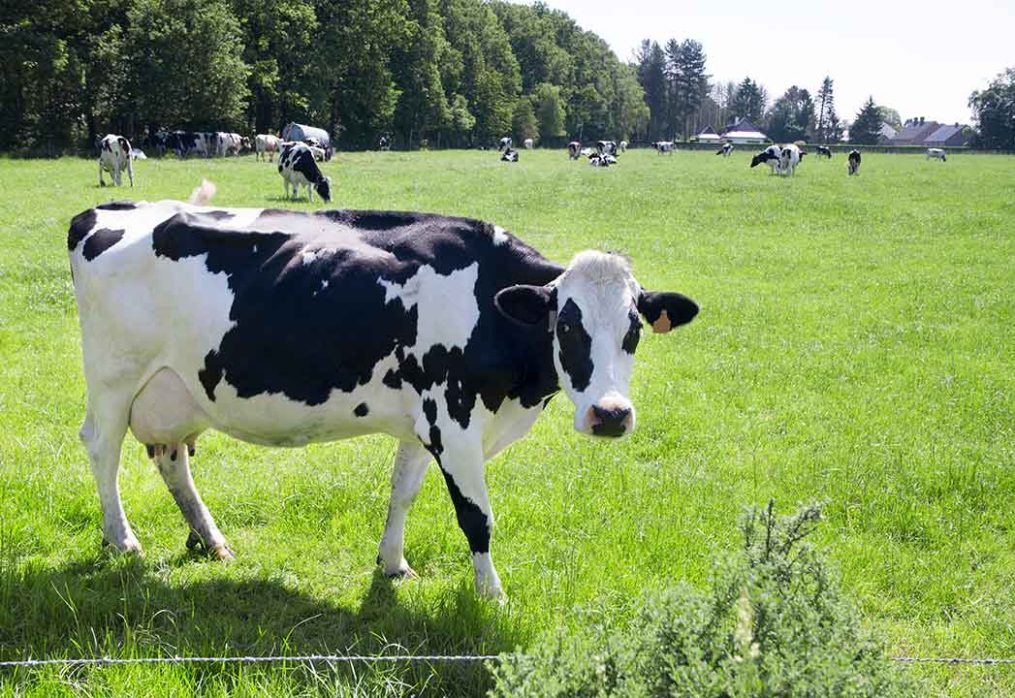What you can learn from your cow’s dung
If you’re a dairy farmer, then you know that what your cows eat can have a big impact on their health and productivity. And one way to gauge what your cows are eating is by looking at their dung.
Cow dung can provide a lot of information about the feeding and digestion of the cow. By scoring the viscosity of the dung, you can check if there are grains or too many fibers in the diet. This information can help you adjust the cow’s diet to ensure they are getting the nutrition they need.
Fibers
Long fibers in dung may indicate that the cow is eating only sweet and soft feed. This is not necessarily a bad thing, but it can mean that the cow is not getting enough nutrients from their feed. If you see long fibers in the dung, you may need to adjust the cow’s diet to include more concentrate-feed. Long fibers in dung more often than not mean the cow is not eating enough fiber, contrary to popular belief. In this case, you may need to adjust the cow’s diet to include more forage.
Grains
Grains in dung indicate that there might be a digestion problem. If you see grains in the dung, you may need to adjust the cow’s diet to include more forage or fiber. Grain in dung shows the cow is not utilizing all the energy from its feed to produce milk, which in itself signals the wastage of valuable resources on the farm.
Viscosity
The viscosity of the dung can also provide information about the cow’s diet. If the dung is too watery, it may indicate that the cow is not getting enough fiber in their diet. This can lead to digestive problems and reduced milk production. On the other hand, if the dung is too hard, it may indicate that the cow is not getting enough water. This can lead to dehydration and other health problems.
A cow with diarrhoea is sick and immediate action must be taken. The first thing to do is to check the cow’s diet and see if any changes can be made. If the problem persists, you should consult a veterinarian.
Looking at your cows’ dung can provide valuable information about their health and nutrition. By scoring the viscosity of the dung, you can check for problems with the cow’s diet and make necessary adjustments. This will help keep your cows healthy and productive. As a dairy farmer never ignore the signs that your cows’ dung can give you. It could be the difference between early detection of a problem and a sick cow.
Do you need expert advice on what your cows are trying to tell you? Our team of dairy cows experts can help. Contact us today for a free consultation.
